Coco Chanel
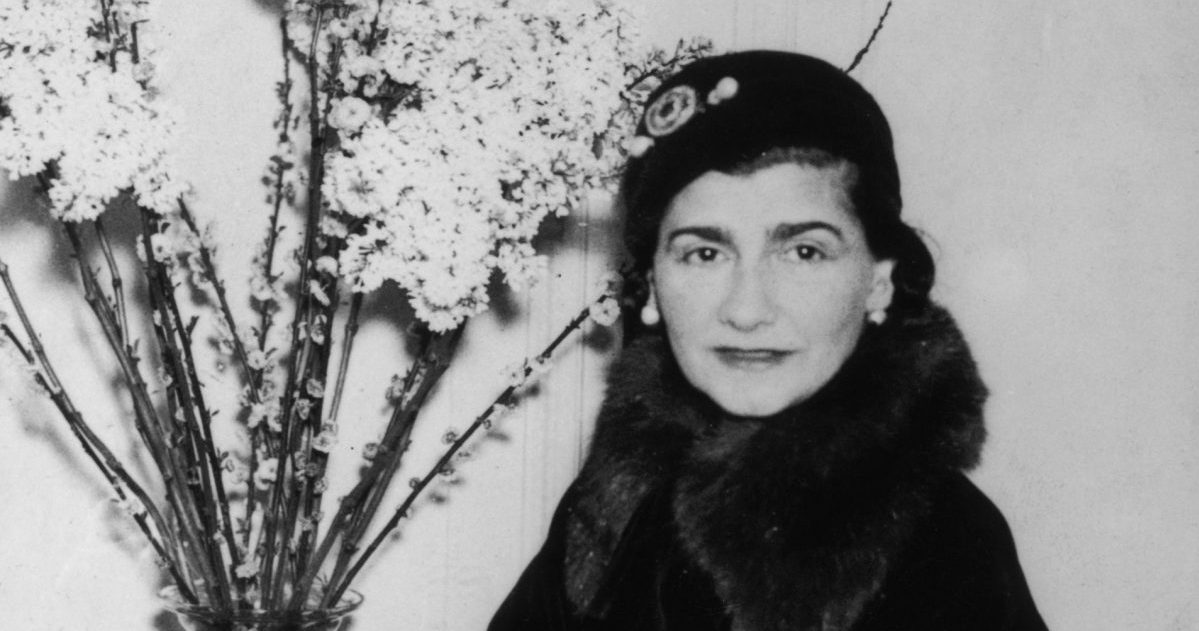
Fashion industry icon Coco Chanel wasn’t just a sympathizer of the German far-right, she was a direct collaborator. During the WW2-era occupation of France, Chanel was enlisted to serve as a spy for the Reich, thanks to her prior connections to British aristocracy - including one Winston Churchill. As such, her eponymous fashion brand, which continues to thrive today, was at least partially funded by history’s most evil people.
Jim Walton
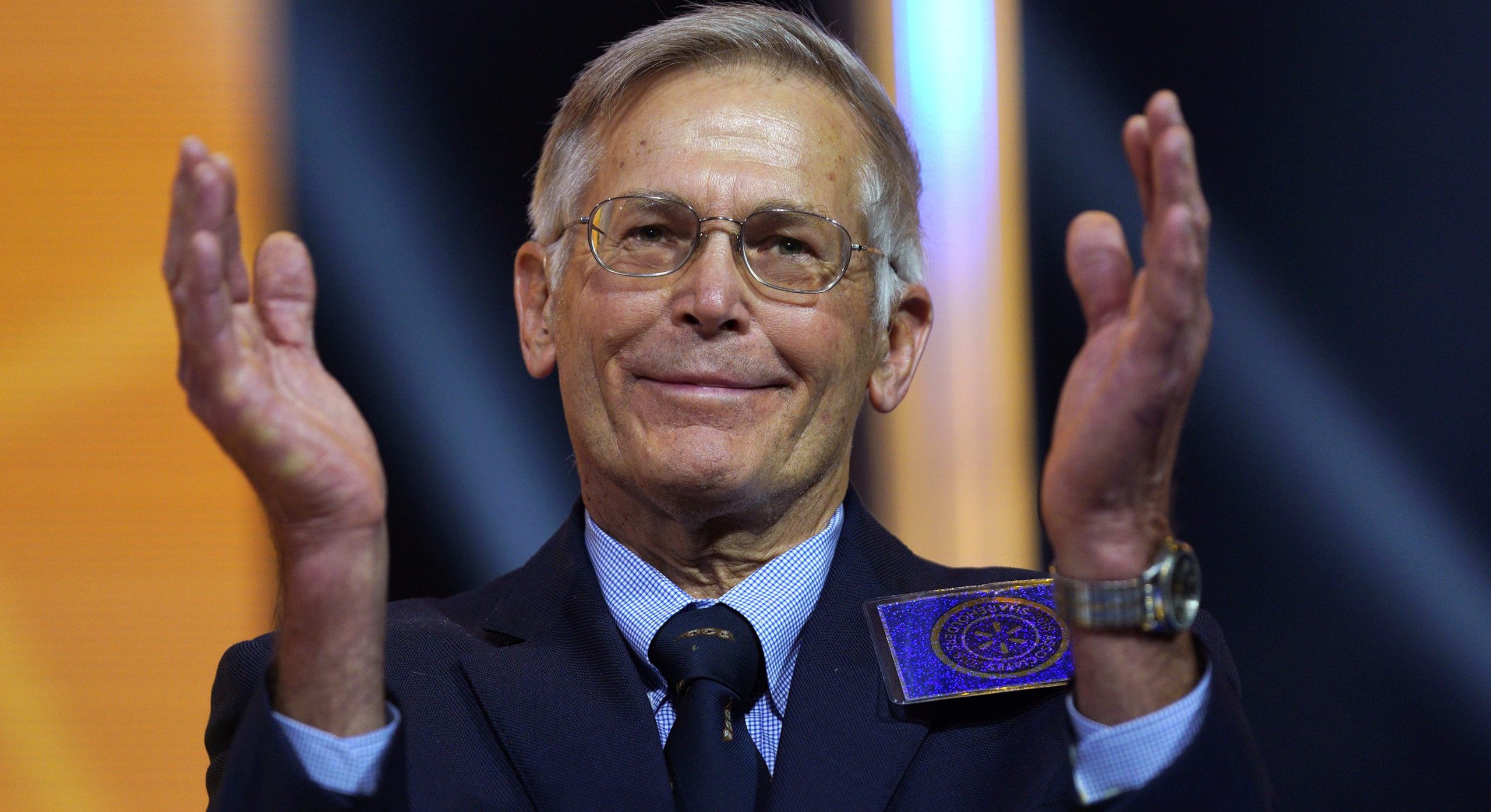
The richest family in the US, the Waltons are the heirs to the Walmart shopping chain. The Walton family’s combined wealth comes close to $100 billion, a number that only keeps growing due to their use of exploitive business practices. Particularly insidious is their policy of keeping workers on part-time contracts, which allows them to be paid less than minimum wage and strips them of workers’ rights. Whilst the whole family belongs on this list, Jim Walton deserves to be singled out for the vast sums of money he spends undermining America’s public education system.
Gregor MacGregor
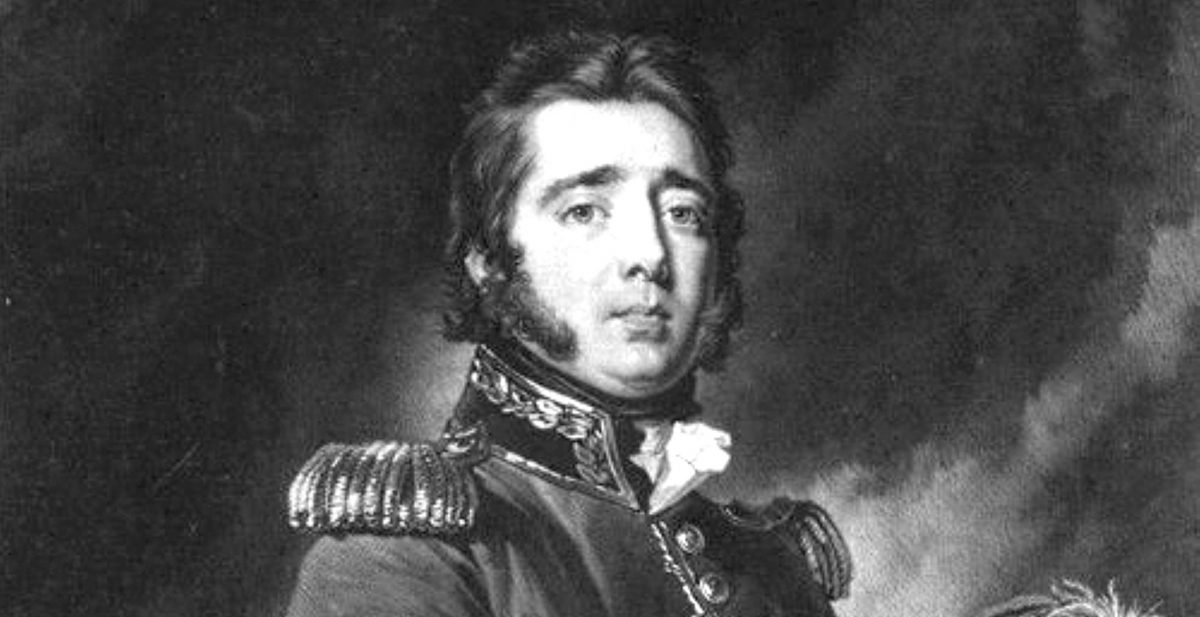
Gregor MacGregor was a Scottish soldier-turned-conman who, upon returning from war in 1821, convinced a load of bored posh Londoners he’d discovered a new country called Poyais that was just waiting to be colonised. This resulted in the malaria-induced deaths of 150 travellers who sailed to what is now Belize, looking for a nation that didn’t exist. Not that MacGregor cared, as he managed to raise £200,000 for his efforts in promoting Poyais - the bond market value of which ran to around £3.6 billion in today’s money.
Cornelius Vanderbilt
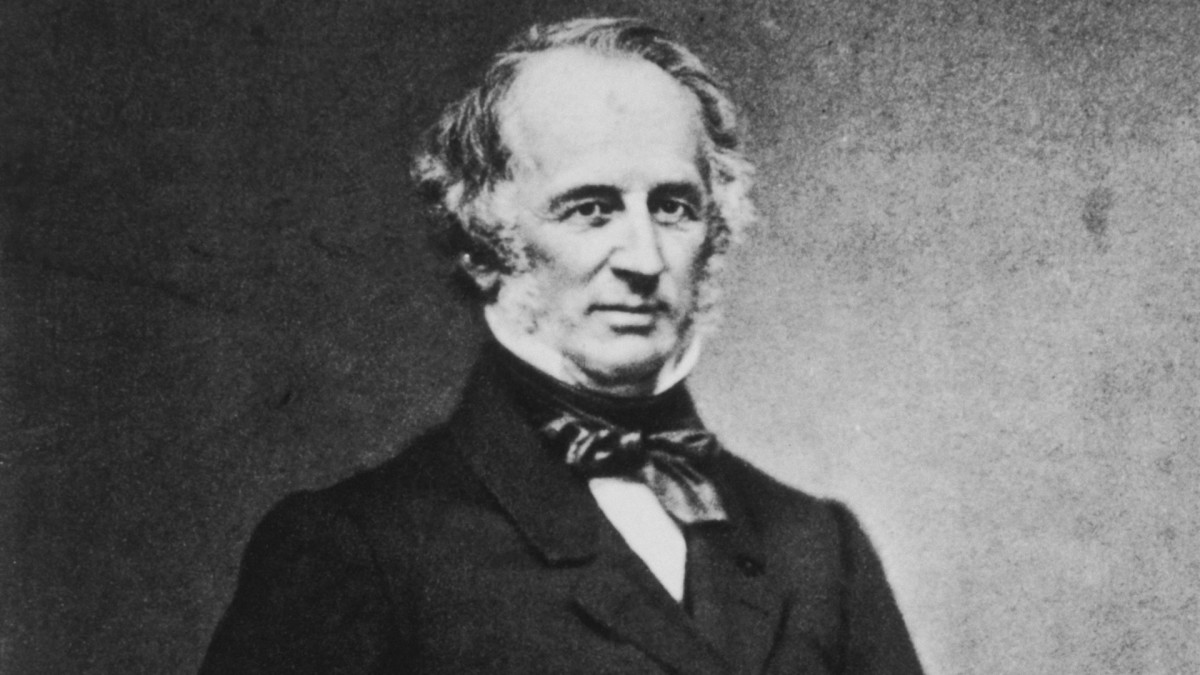
The Vanderbilts are one of the richest families in American history. Cornelius Vanderbilt, the great-great-grandfather of Anderson Cooper no less, built his immense fortune from shipping and railroads. On top of that, he also owned several plantations. One of them enslaved Jim Robinson, an ancestor of Michelle Obama.
Charles Ponzi
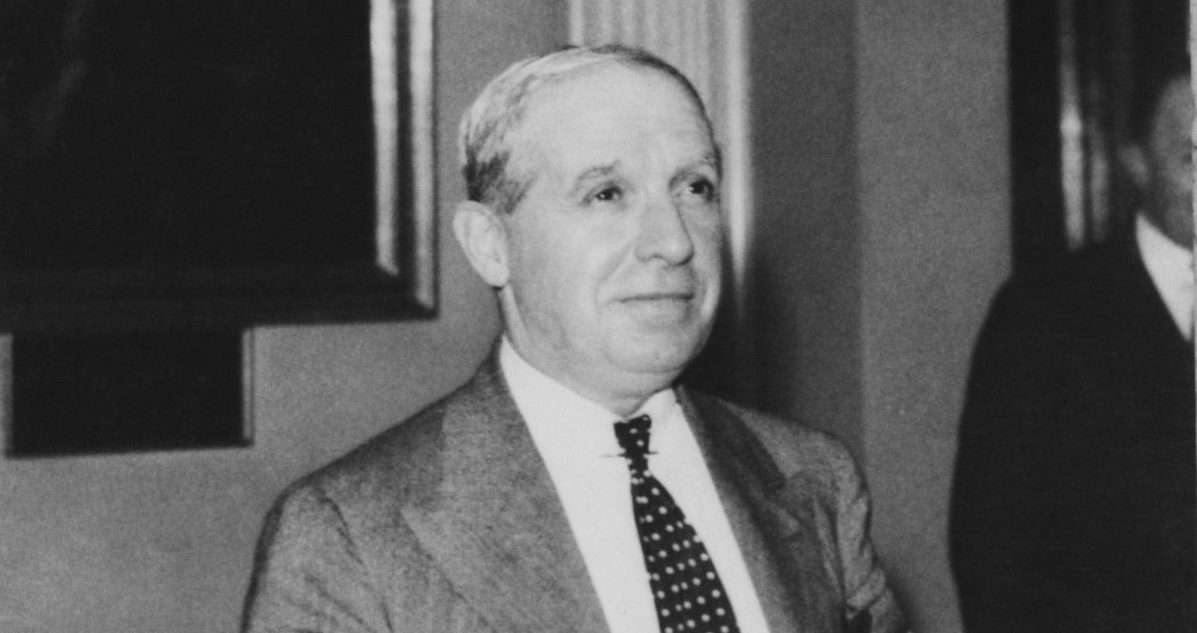
Ponzi schemes, in which money from a steady stream of new investors is used to pay off earlier investors while making the creator stinking rich, were made famous by their namesake Charles Ponzi. In the 1920s he swindled countless investors and amassed a fortune of near $8 million before he was found out. Charged with 86 counts of mail fraud, Ponzi faced the possibility of life imprisonment, but ultimately served only a few years behind bars before dying poor in 1949.
Rudolf Dassler
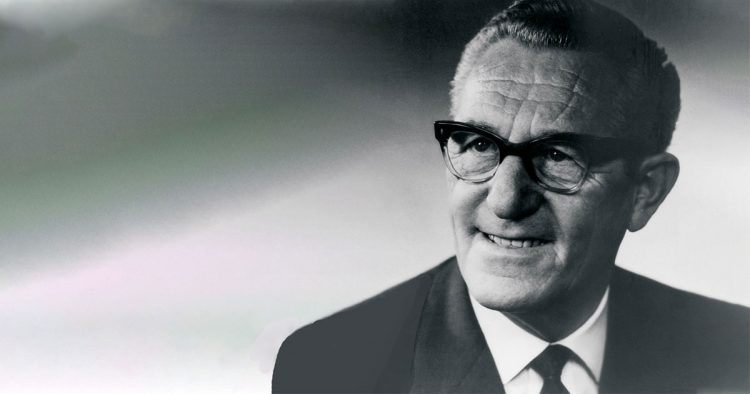
In the 1920s, Rudolf Dassler and his brother Adolf started a shoe manufacturer called Gerbruder Dassler Schuhfabrik. Things went awry when Rudolf, a member of the Nazi party, was called for duty in World War II. At the end of the war, the brothers fell out and went their separate ways. Rudolf went on to found footwear and sportswear manufacturer Puma, which is currently worth $9.4 billion.
Hugo Boss
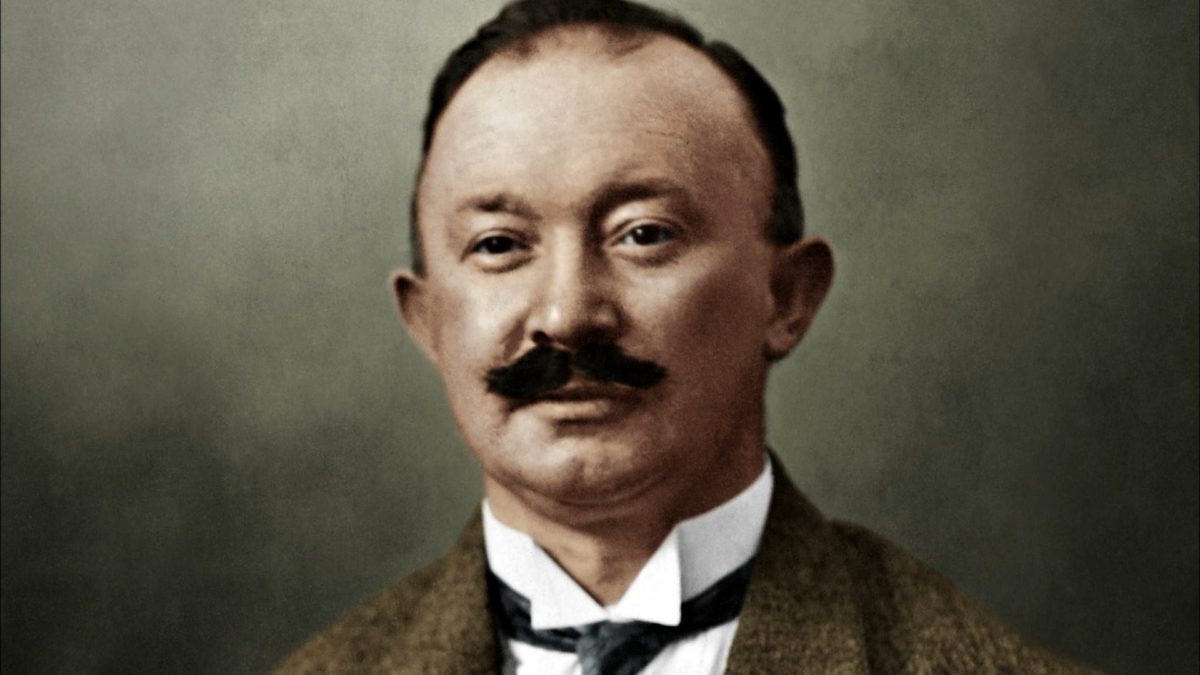
Hugo Boss was an awful, awful person. Arguably the worst in the history of fashion, an industry that is lousy with awful people. A keen Nazi from 1931 until the end of the war, his Hugo Boss brand enjoyed the fruits of forced labour thrust onto the POW camps and German-occupied territories. Suddenly, all that fancy HB-branded clobber doesn’t look quite so appealing, does it?
Donald Trump
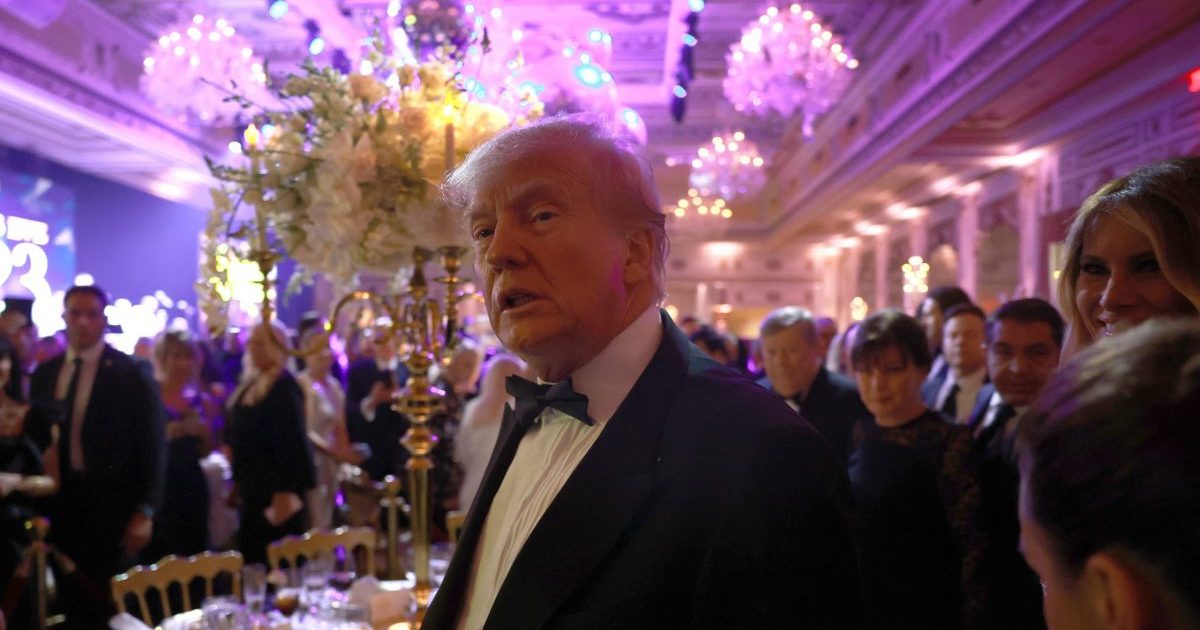
Donald Trump, to whom life is one giant game of Monopoly, epitomises and happily plays up to the “evil rich guy” stereotype. Back in the 1980s, when he was on the make in Manhattan, Trump employed a fearsome and brutal business approach in order to establish his real estate vision, which meant forcing thousands of people out of their homes.
Elon Musk
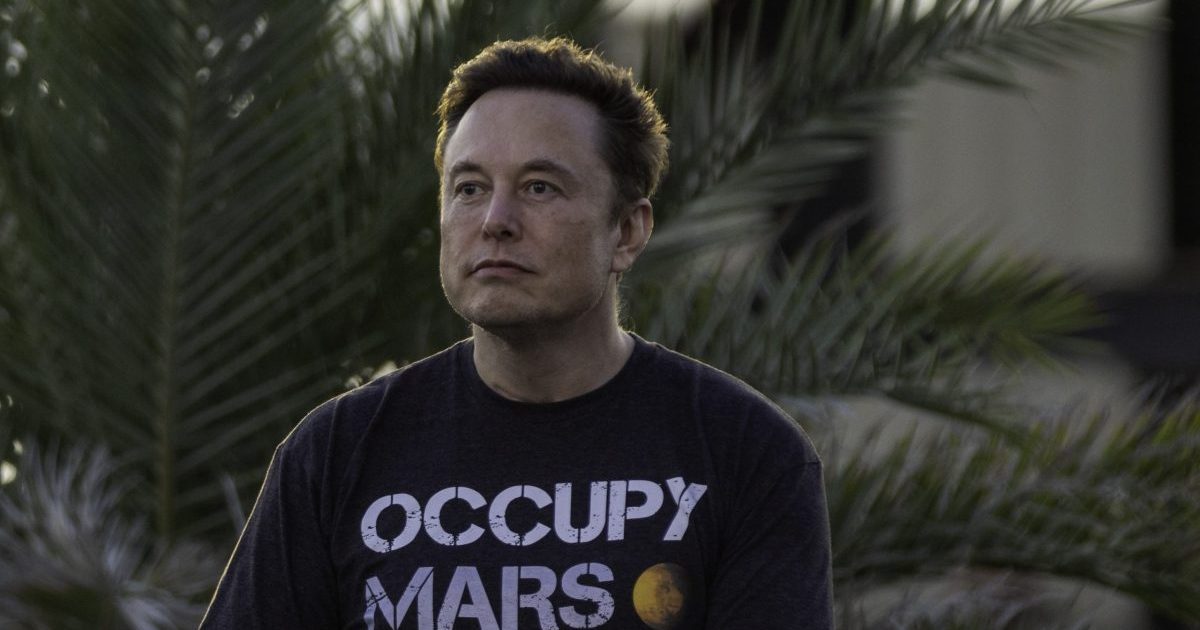
Elon Musk, like most billionaires, loves to push the “self-made” narrative – but the truth is he was born into a rich family who profited off the exploitation of workers in apartheid-era South Africa. While Musk may have made a good chunk of change from his businesses including Tesla and SpaceX, but the bulk of his family fortune came from an emerald mine in Zambia owned by his father, Errol Musk.
Henry Ford
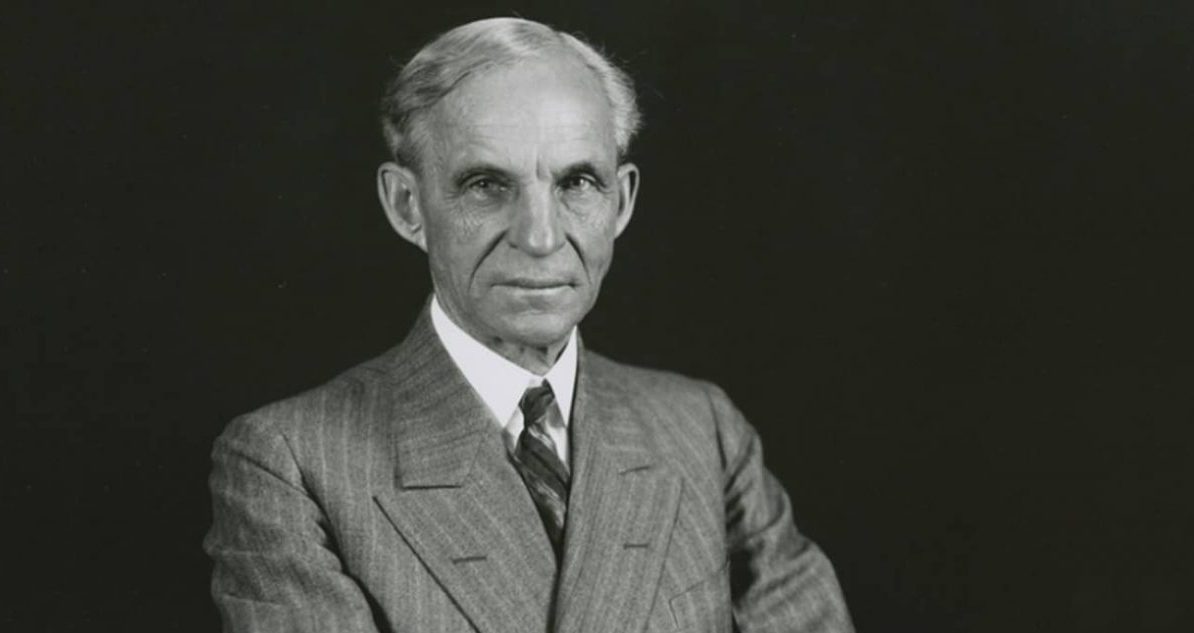
Henry Ford revolutionised the automobile industry at the turn of the 20th century. He was also a terrible human being. Forcing immigrant workers into compulsory English lessons in order to “Americanise” them, Ford had a fierce hatred of minorities and the unions they attempted to join. In the 1920s, segregation left black people working harder jobs with no hope of advancement away from white employees as Ford believed they were genetically inferior. On top of that, he was also an antisemite.
Herbert Quandt
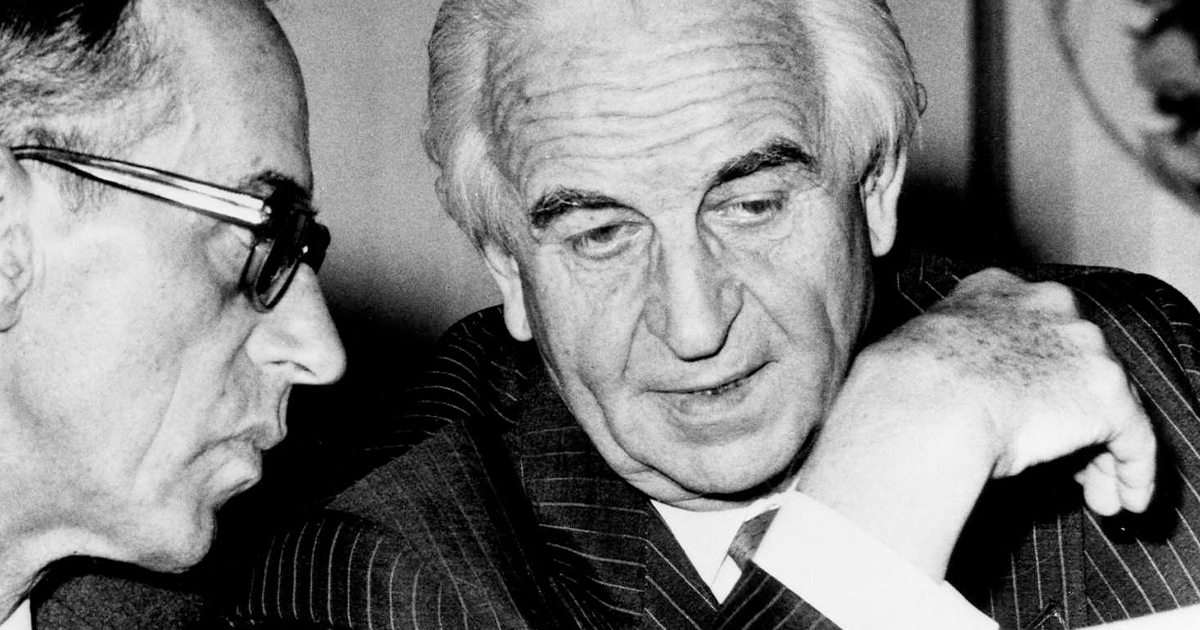
In the 1930s, German engine manufacturer BMW was on the verge of bankruptcy. Spotting an opportunity, industrialist Herbert Quandt injected enough money into the company to keep it afloat and took over its manufacturing operations. When The Second World War came, Quandt – who was a dyed in the wool Nazi – capitalised on Hitler’s persecution of the Jews, forcing thousands into slave labour in his factories and becoming enormously wealthy in the process. It has been estimated that between 40-80 slaves died working for Quandt every month throughout the war.
Gina Rhinehart

Australian billionaire Gina Rhinehart’s extraordinary disregard for the lives of the workers her mining business depends on is made all the more maddening by her relentless moral preaching. When she isn’t chastising women for drinking and smoking too much, Rhinehart is loudly complaining about having to pay her African workers $2 a day to work in hellish conditions. This from a woman who earns an estimated $1 million dollars every single hour. Rhinehart also floated the idea of creating a new mine by dropping an atomic bomb off the coast of Australia.
Isaac Franklin
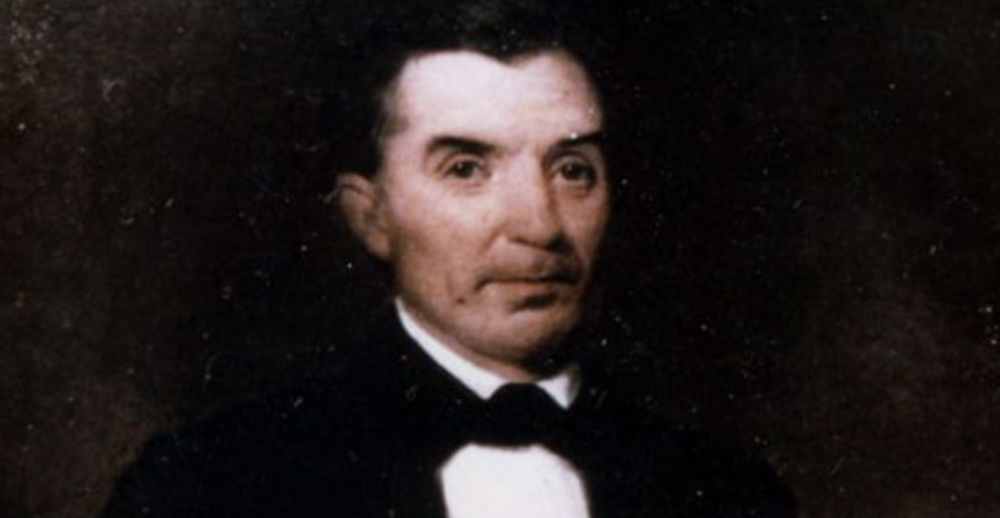
During his lifetime, Isaac Franklin held the extremely dubious distinction of cofounding the largest slave trading firm in the United States. Born into a slaving family, Franklin eventually came to own six plantations across the American South. Whilst slave trading wasn’t uncommon in his day, Franklin was notoriously cruel, joking in letters with his friends about the slaves he had raped.
The Koch brothers
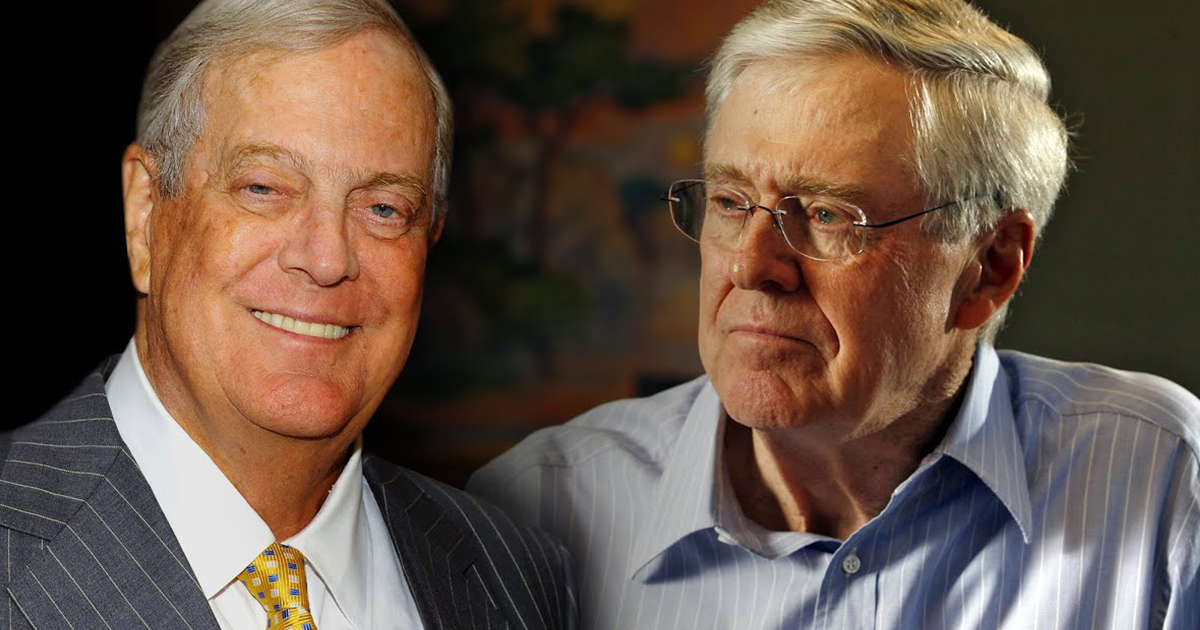
Charles and David Koch are notorious for their influence on American politics, sinking vast sums of money into ensuring their candidates’ victories. Whilst the brothers try to keep themselves out of the spotlight, investigations into their businesses and personal lives have revealed many unsavoury secrets. These include attempts to suppress voter turnout, advocating for segregationist policies and plans to destroy the US Social Security System. Their manufacturing plants have also been documented to cause “cancer clusters” in the surrounding populations.
Rudolf August Oetker
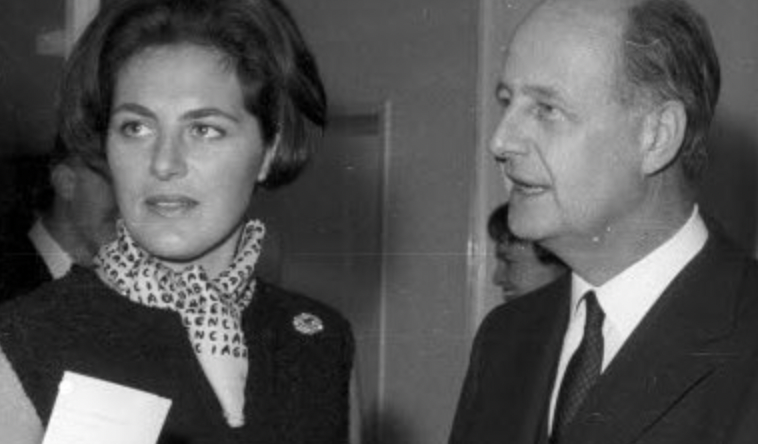
The Dr. Oetker brand might today be synonymous with a range of vaguely healthy foods, but it was once associated with something altogether less palatable: Nazism. After inheriting the food company founded by his grandfather, Rudolf August Oetker capitalised on his position in the Nazi party to make the brand a symbol of German nationalism. The businessman also callously cashed in on the persecution of the Jews, and in recent years his descendants have been returning his art collection to the Jewish families he stole from.
Rupert Murdoch
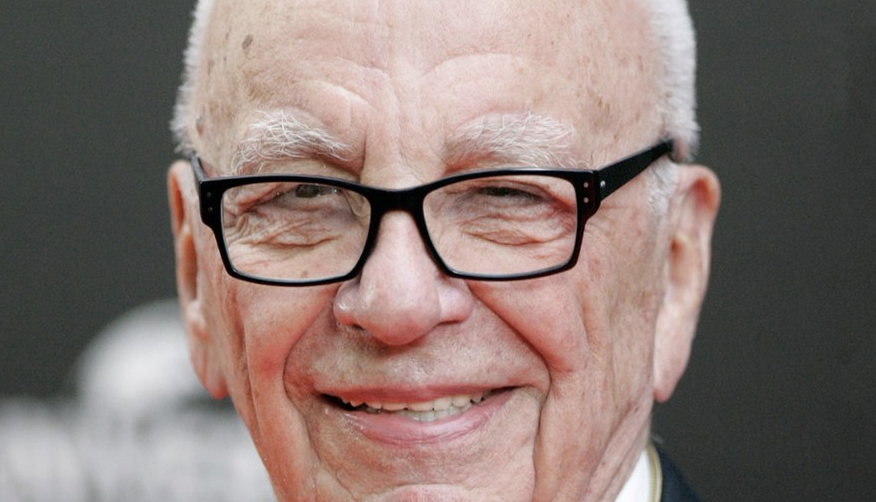
Australian-born billionaire Rupert Murdoch presides over perhaps the most powerful media empire in the world. Companies owned by Murdoch include Fox News, The Wall Street Journal and The Sun, and many have accused Murdoch’s publications of deliberately spreading misinformation and using tactics like race-baiting to generate the anger that drives people to engage with their content. Murdoch himself is widely believed to endorse these practices, using his networks to influence society in a way that benefits him and the politicians he supports.
Viktor Bout
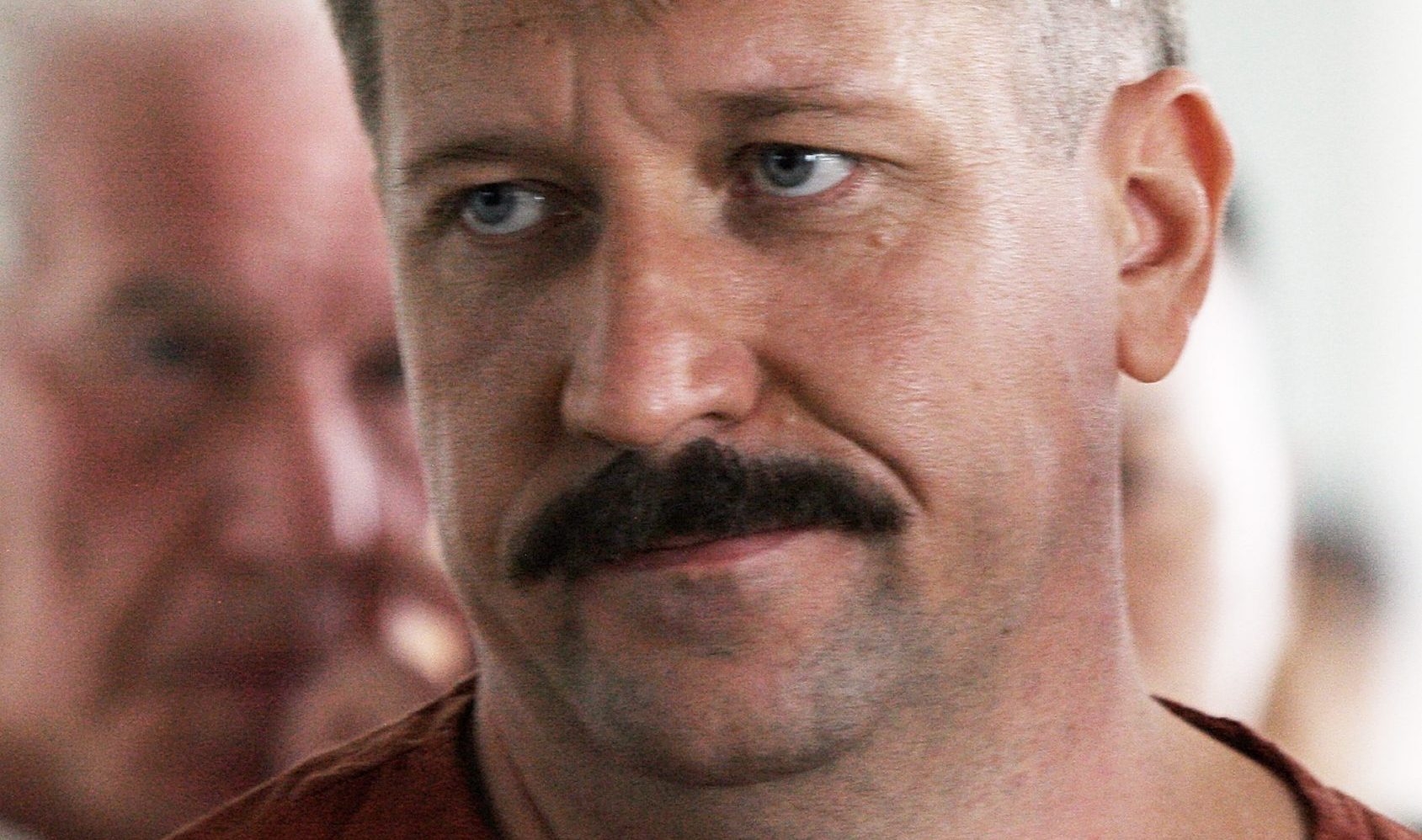
2005’s Lord of War starred Nicolas Cage as Yuri Orlov, an arms dealer with precisely zero scruples about the fact that his wares are used to wreak death and despair across the world. Orlov is based on Viktor Bout, a Russian national who built one of the largest weapons trading networks in the world. Although Bout eventually ended up in a US jail after trying to sell guns to the DEA, he is now back in Russia after being swapped for WNBA star Brittney Griner in a prisoner exchange deal.
Dan Gertler

The horrific conditions that African diamond miners are forced to work in should make anyone think twice before buying the gems, let alone forming a business around them. Dan Gertler has no such compunctions. The Israeli businessman has made himself a billionaire many times over by destabilising African nations to create favourable conditions for his diamond trading empire. As well as rigging elections, Gertler has financed rebel groups responsible for a litany of atrocities, all in aid of further enriching himself.
William Campbell

The harmful effects of smoking are common knowledge today, but for most of commercial tobacco’s history, it was assumed that smoking was harmless, if not healthy. One of the main reasons for this is the tobacco companies themselves, which actively tried to suppress scientific enquiry into the health effects of smoking, and then – when they failed at that – outright lied about the results. One of the worst offenders was William Campbell, the CEO of Philip Morris for over 25 years, who testified in 1993 that nicotine was not addictive when he conclusively knew it was.
Henry Clay Frick
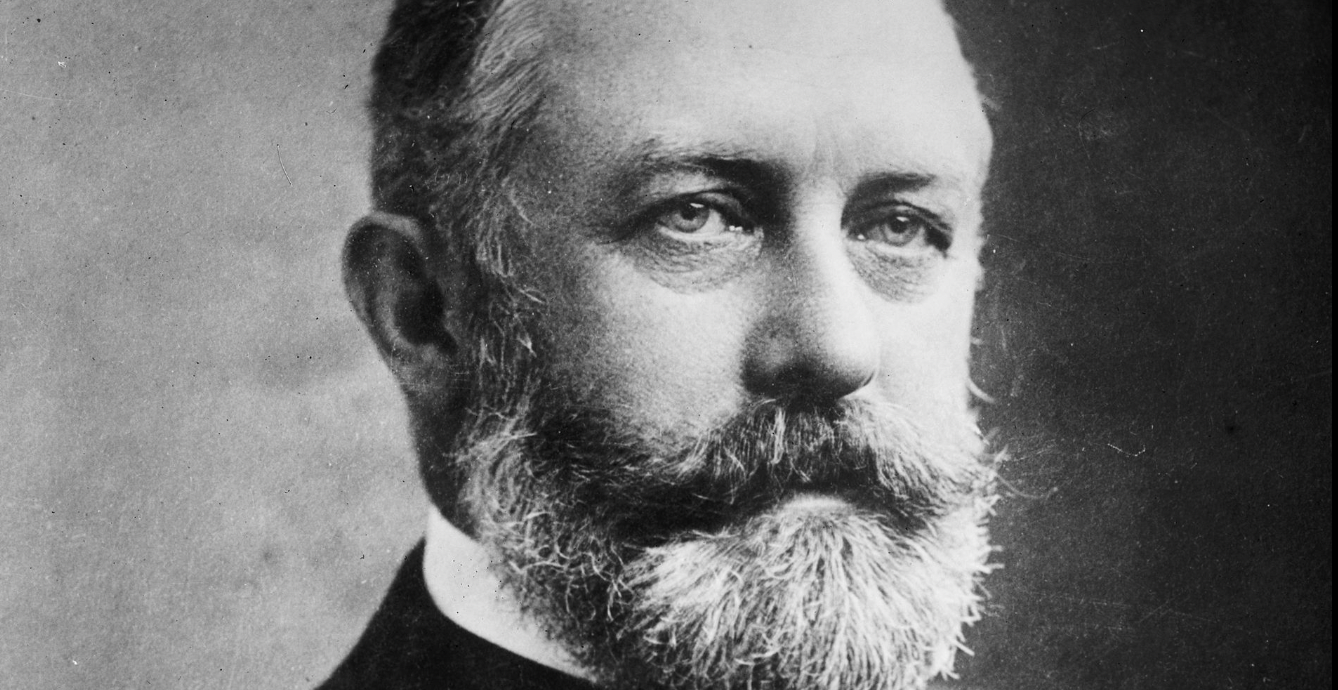
Henry Clay Frick’s company was responsible for providing Andrew Carnegie’s U.S. Steel Corp with refined coal, and Frick was less than scrupulous about the effects his operations had on the environment. Whilst this could be chalked up to the times he lived in, what’s less excusable is that thousands of people died due to a dam that Frick built to create a fishing club for him and his friends. The dam blocked the Little Conemaugh River, 14 miles upstream from Johnstown, and after Frisk didn’t bother making basic repairs it burst, flooding the settlement and drowning 2,200 people.
Harold Simmons
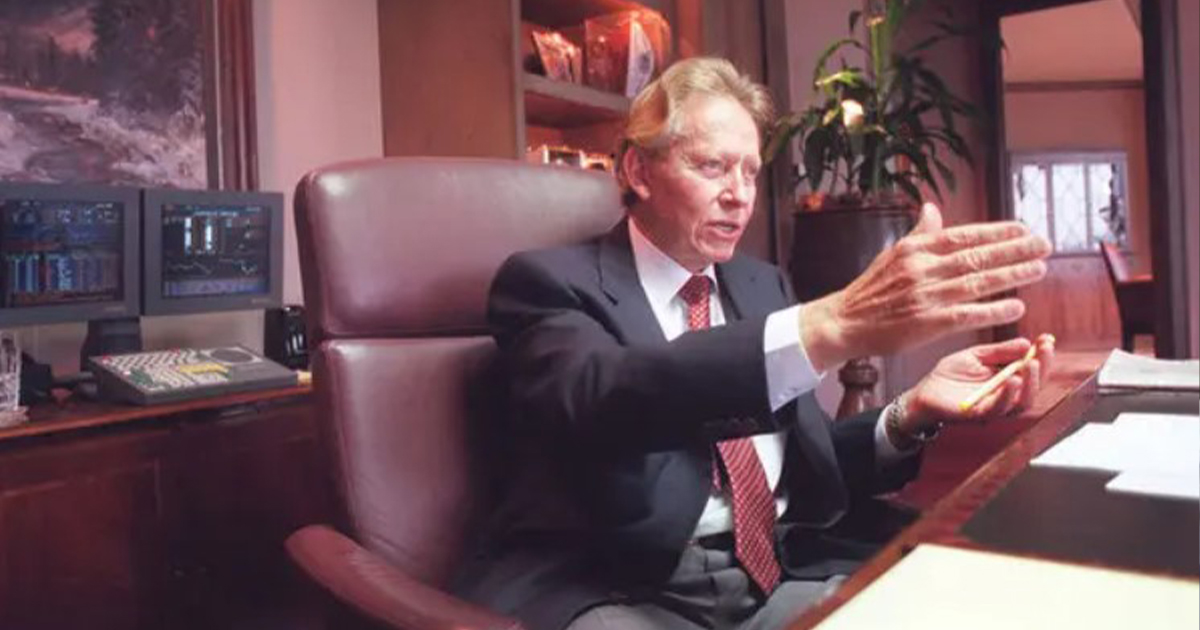
Before he passed away, business magnate Harold Simmons was commonly referred to as an “evil genius” in Dallas for his scheme to earn vast sums of money by improperly storing nuclear waste near the city. Simmons aggressively lobbied to open a nuclear waste containment facility in West Texas, using the prospect of job creation to gain support for his plan. Once he was granted permission, the businessman promptly built his nuclear dump on top of an aquifer, ignoring safety measures that would have eaten into his profits and poisoning large numbers of people in the process.
James Fisk
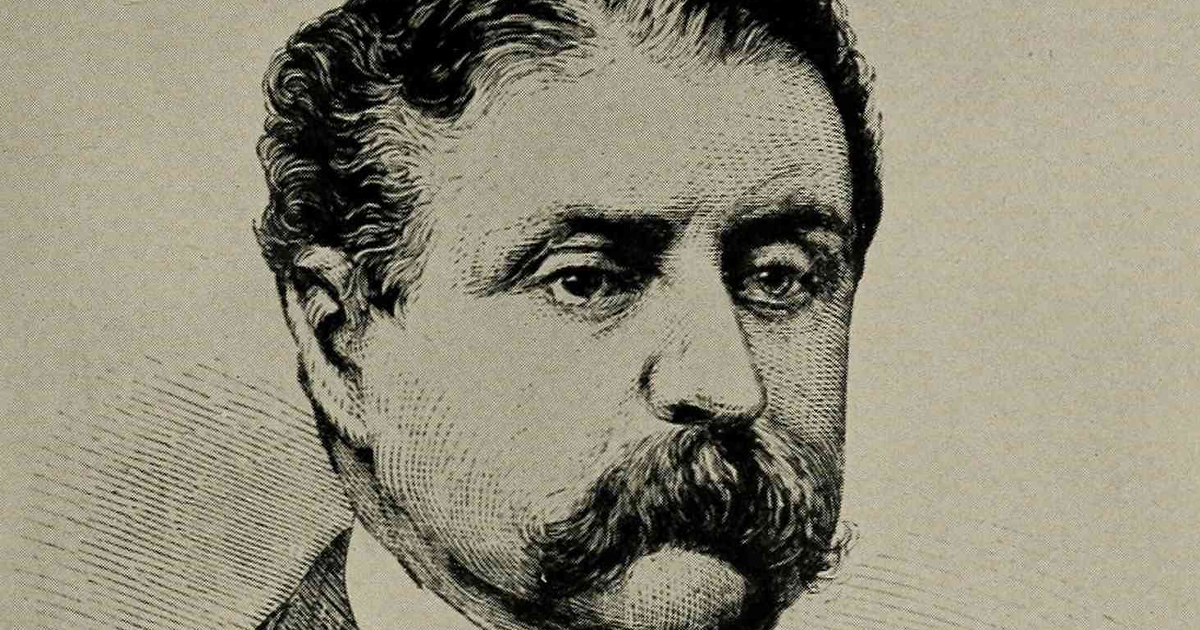
Commonly known as “Diamond Jim,” James Fisk was a 19th-century American financier who was determined to let nothing stand in the way of his success, including morality. As well as employing extremely aggressive trading practices, Fisk also made liberal use of underhanded tactics such as bribery and coercion. In 1869, the businessman tried to leverage his friendship with President Ulysses S. Grant to monopolise the New York gold market, triggering the infamous Black Friday gold panic in the process. Fisk’s misdeeds eventually caught up with him when he was murdered by a disgruntled associate.
Jeff Bezos
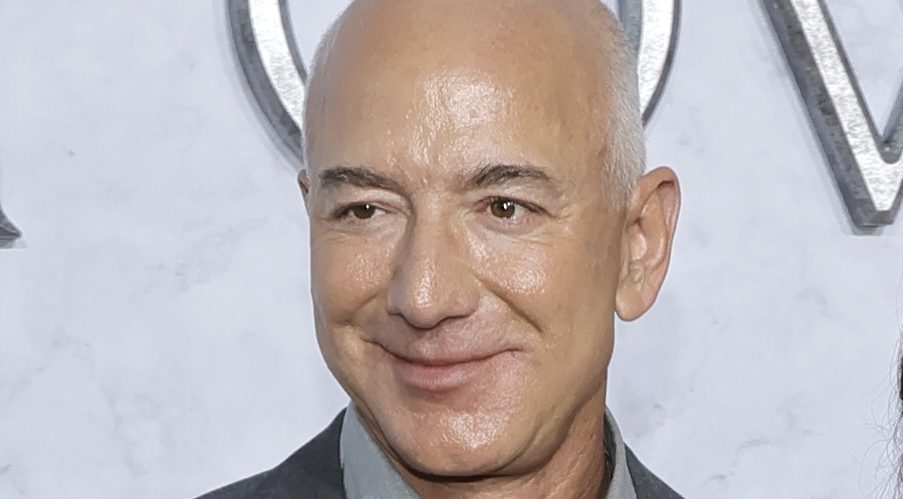
Amazon is without a doubt the greatest dot-com success story, with founder and executive chairman Jeff Bezos building the company from a humble online book store to the single largest business in the world. Unfortunately, much of Amazon’s success is built on the suffering of its employees. Warehouse workers have revealed the brutal conditions they have to endure, with constant surveillance from high-tech cameras and sensors monitoring their every move, and punishments meted out for even minor drops in productivity. Bezos has also angered many by using legal loopholes to avoid paying tax.
Friedrich Flick
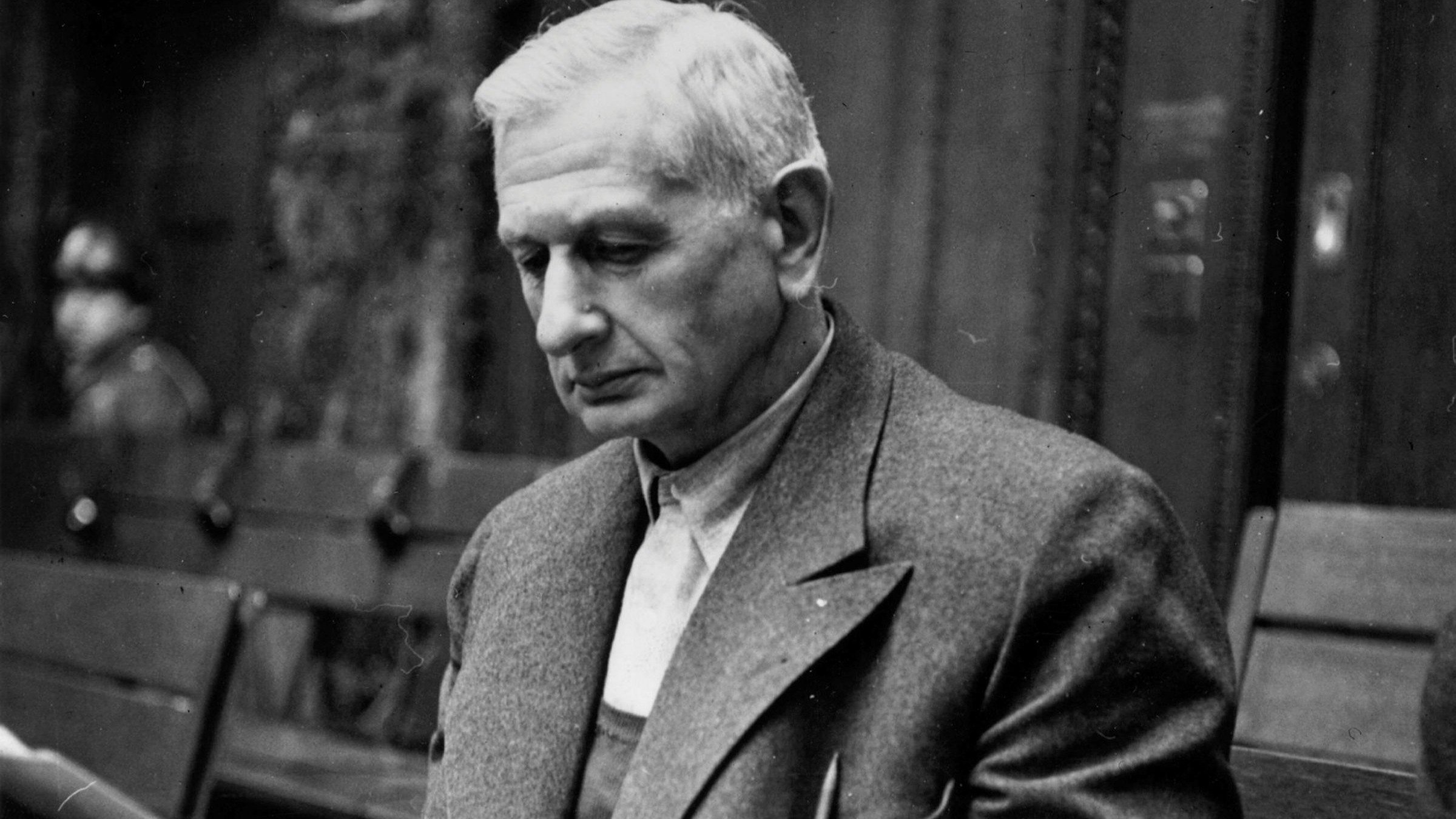
German industrialist Friedrich Flick not only made use of Jewish slaves during The Second World War, he also used them to build the weapons that allowed Germany to continue fighting. After the war, investigations into Flick’s enterprises estimated that of the 40,000 Jews who were forced to work in his mines and munitions factories, 80% likely died. Whilst most of the industrialists who supported the Nazi regime got away with their crimes, Flick was convicted at the Nuremberg trials and sentenced to seven years in prison.
Adolf Dassler
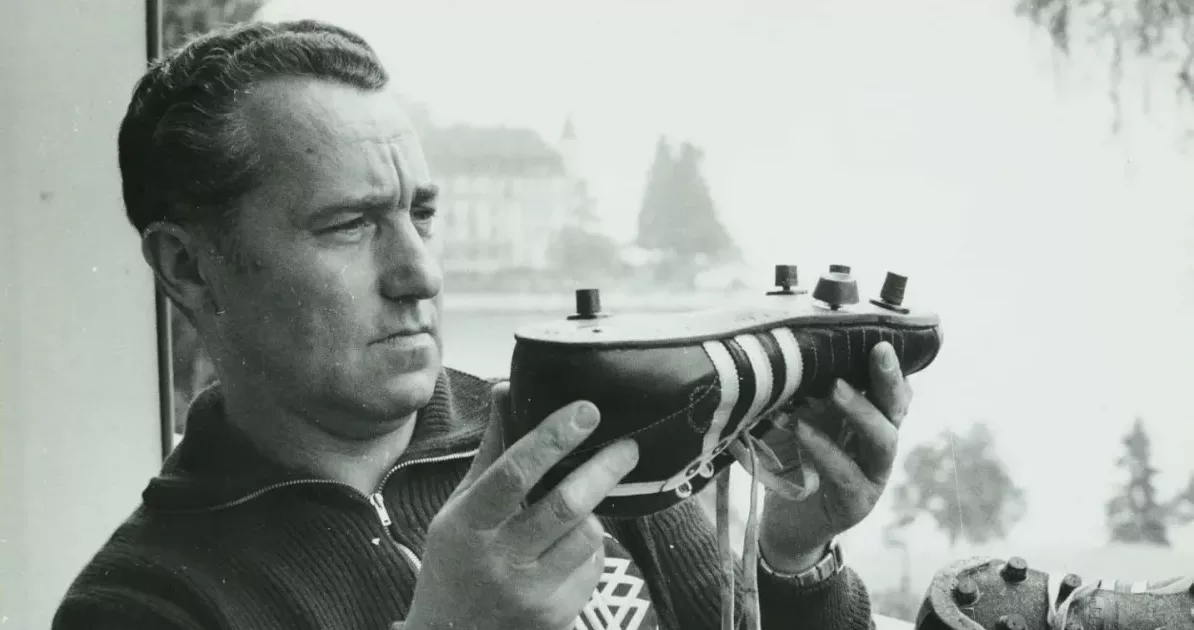
Yes, the founders of Puma and Adidas were brothers – and also Nazis. Rudolf Dassler’s brother Adolf ‘Adi’ Dassler was rumoured to have conned his brother into going to war so he could take full control of their business. There was even a rumour that Adi let authorities know of Rudolf’s whereabouts leading to his imprisonment. What’s known for sure is that, although he distanced himself from the party in the aftermath of the war, Adolf Dassler was a Nazi from 1933 to 1945. Only a year after the war ended, he founded Adidas.
Sheldon Adelson
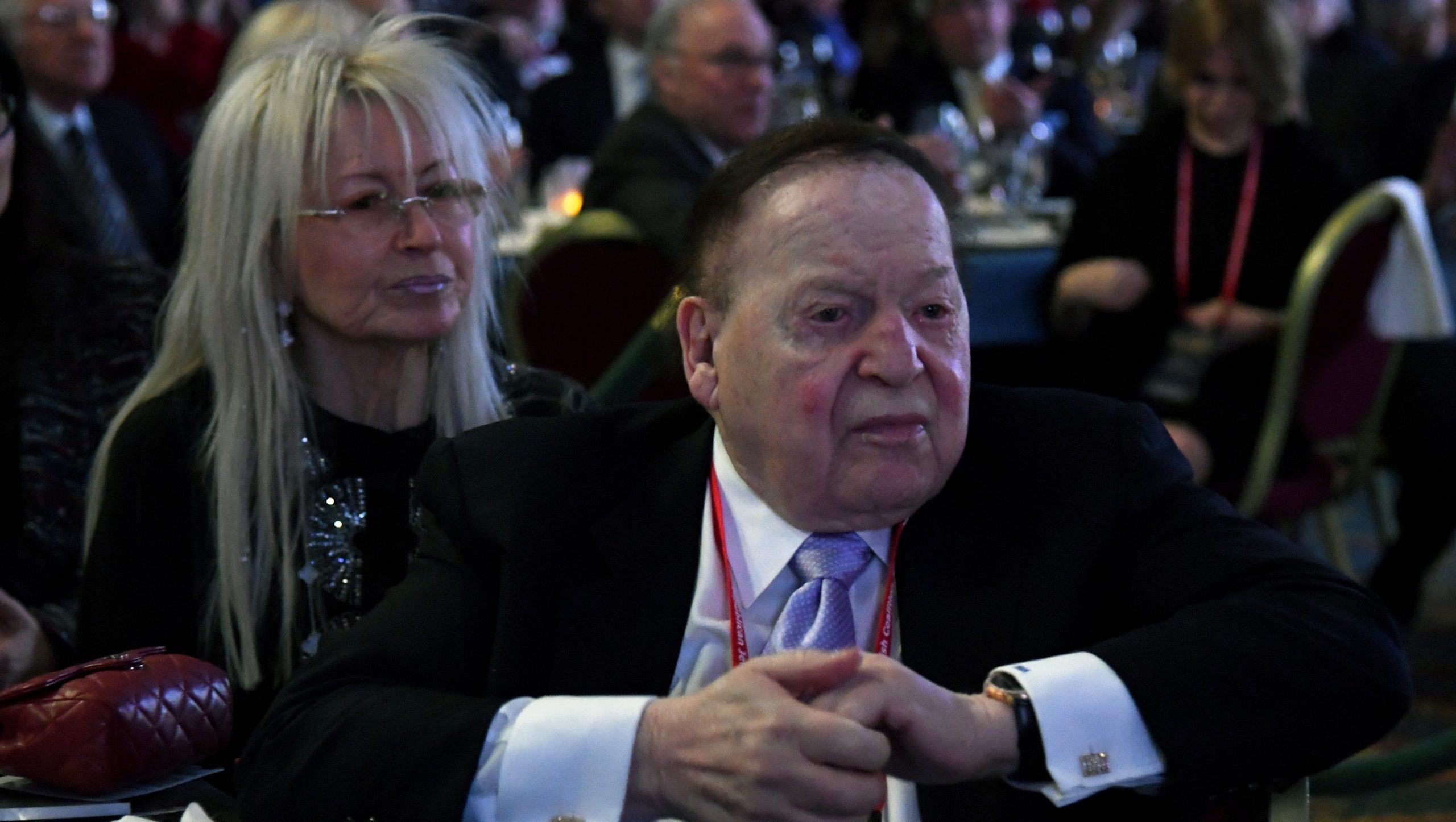
Casino magnate Sheldon Adelson regularly uses his personal fortune of $36 billion to fund extreme right-wing groups both in the USA and Israel. Whilst bankrolling questionable political organisations isn’t illegal, corruption certainly is. Adelson has been shockingly open about his use of bribery to expand his business interests in China, certain that his obscene wealth will inoculate him from ever facing any kind of punishment. The worst part? He’s completely right.
Carl Icahn
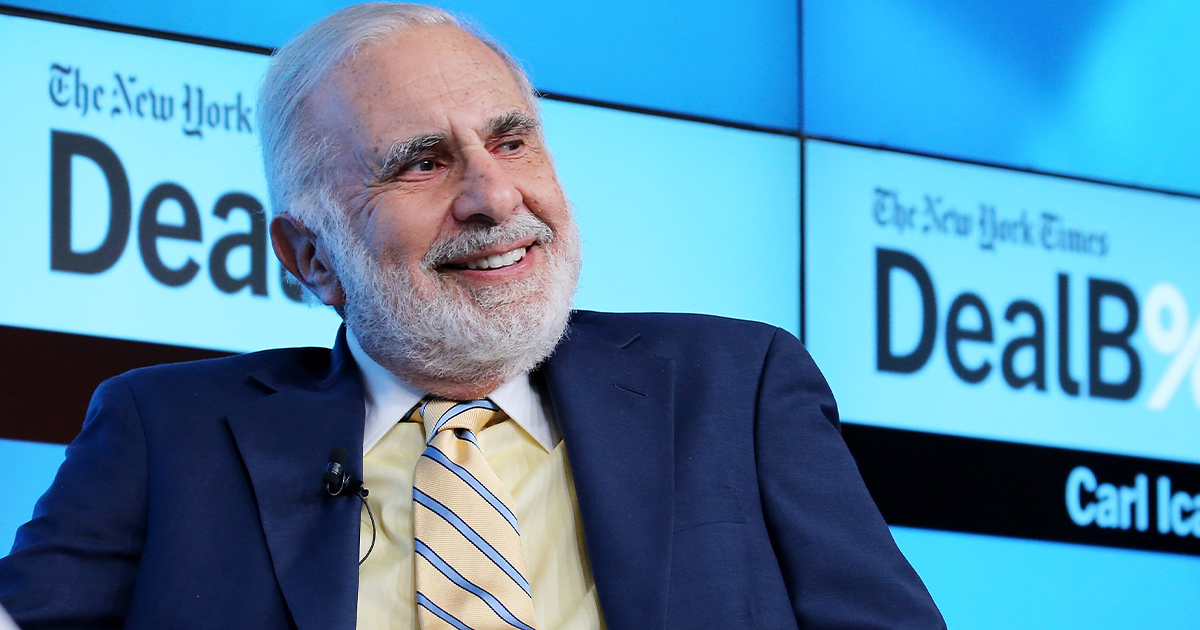
Famously described as “one of the greediest men on Earth” by the chairman of one of the companies he plundered, Carl Icahn’s ruthless approach to corporate raiding has amassed him a net worth of $18.5 billion. Icahn purchases companies for the sole purpose of selling off their assets, enriching himself at the expense of the thousands of employees who lose their jobs. The businessman’s greed is so notorious that it served as the inspiration for the character Gordon Gecko, as portrayed by Michael Douglas in the 1987 film Wall Street.
Nancy Pelosi
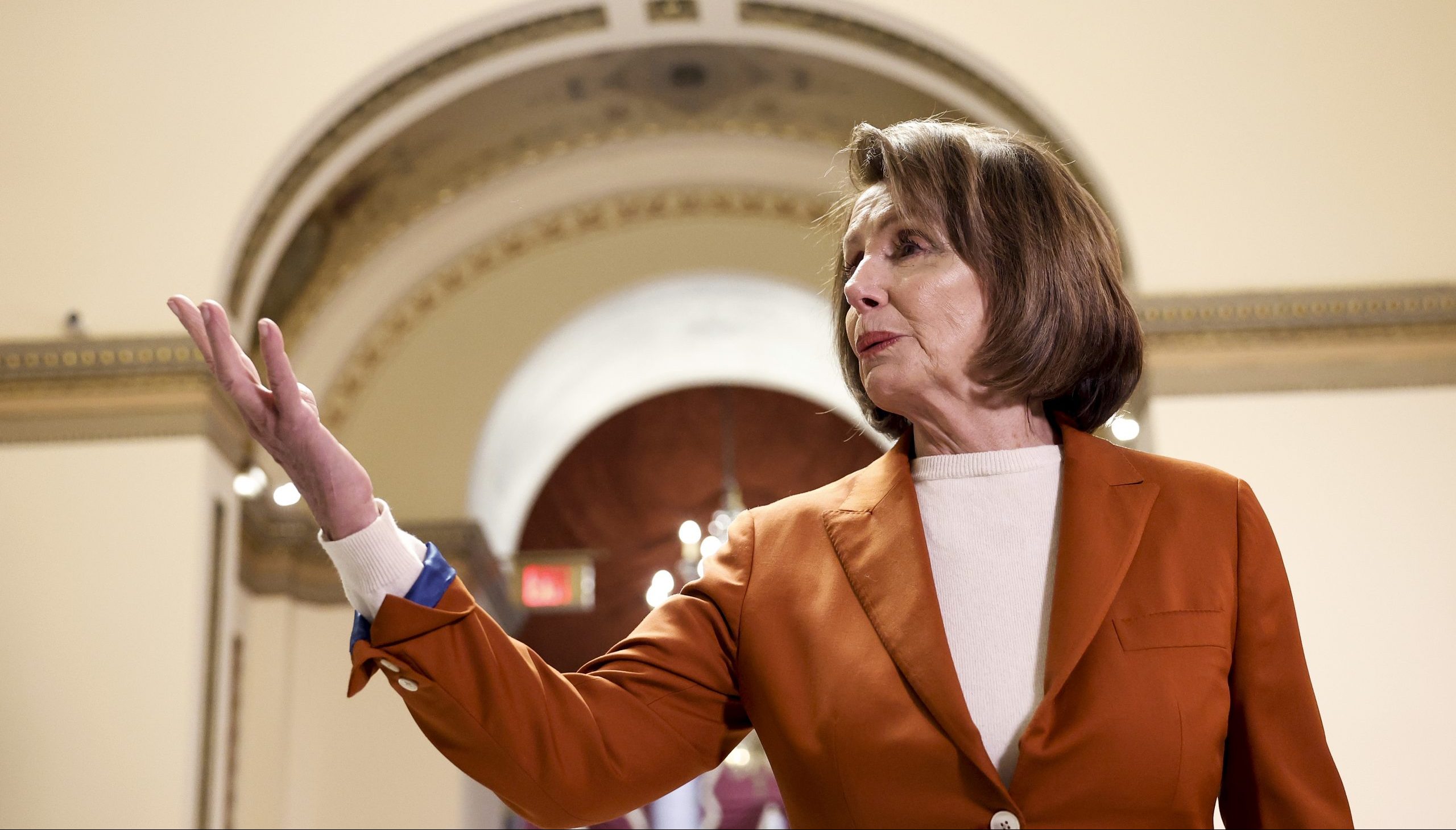
Nancy Pelosi has managed to unite Democrats and Republicans, but not in the way she would have liked. The former Speaker of the House came under fire over her husband trading stocks whose values are impacted by decisions and statements made by Pelosi herself. Whilst the politician has refuted claims that she was implicated in any way, financial experts have noted the Pelosi’s consistent ability to outperform the stock market, leading politicians from both sides of the aisle to draft legislation that would ban members of Congress and their spouses from trading.
August von Finck
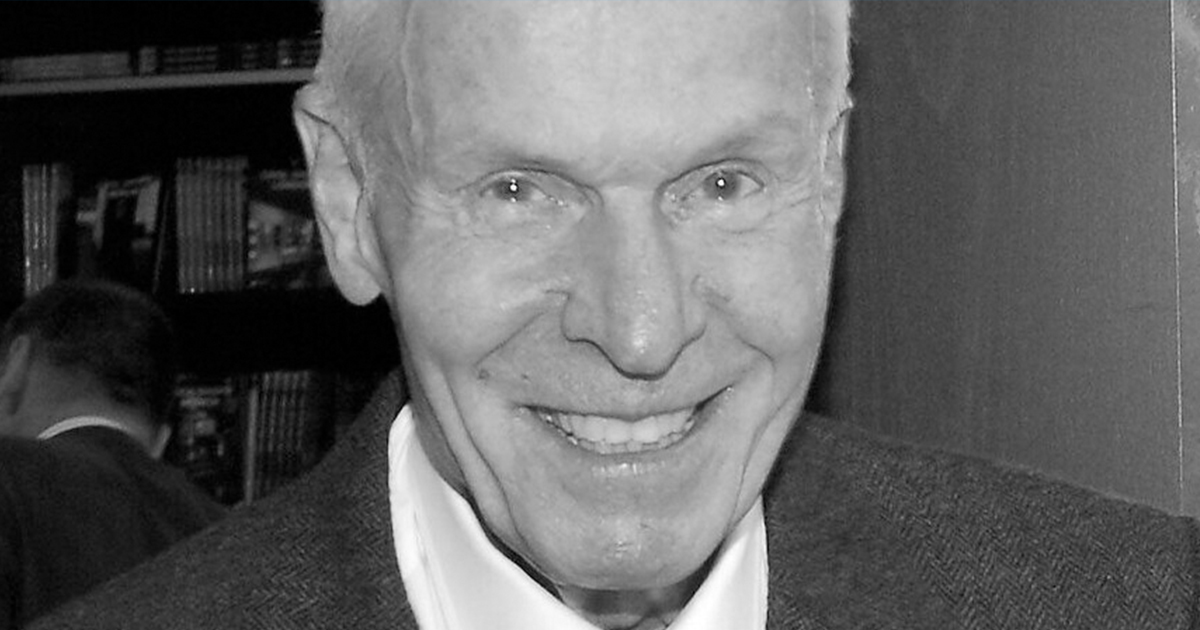
Born into the family that founded the insurance company Allianz, August von Finck eventually assumed control of the company. After Germany formally annexed Austria, the Nazi party seized the banking business of the Jewish Rothschild family, handing its properties and assets over to Finck, who at this point had worked himself in Hitler’s good books. Finck used the Rothschild’s wealth to turn Allianz into a multinational giant, worth $88 billion today.
Ray Kroc
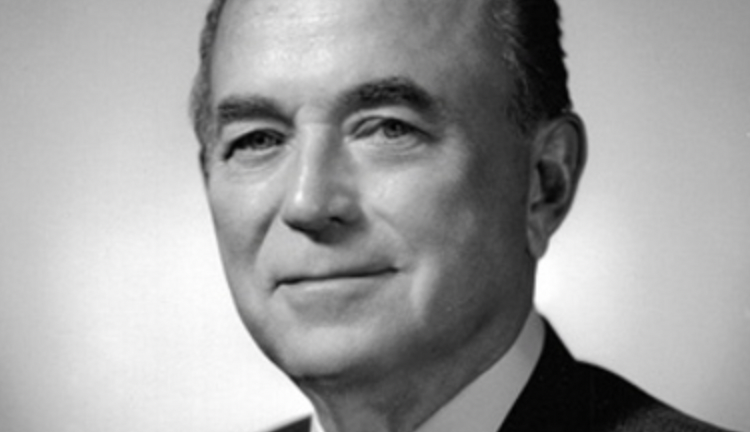
Ray Kroc was a milkshake machine salesman when he met the McDonald’s brothers in 1954. Impressed by the efficiency of their restaurants, Kroc wormed his way into the business, planting the seed for the franchise model that would make McDonald’s the fast food giant it is today. Kroc eventually bought the company from the brothers, paying them around $1 million each. He also promised to pay them an ongoing 1% royalty, but the naive brothers failed to get this in writing, trusting Kroc’s word. Needless to say, they never saw another penny from the business they started.
Silvio Berlusconi
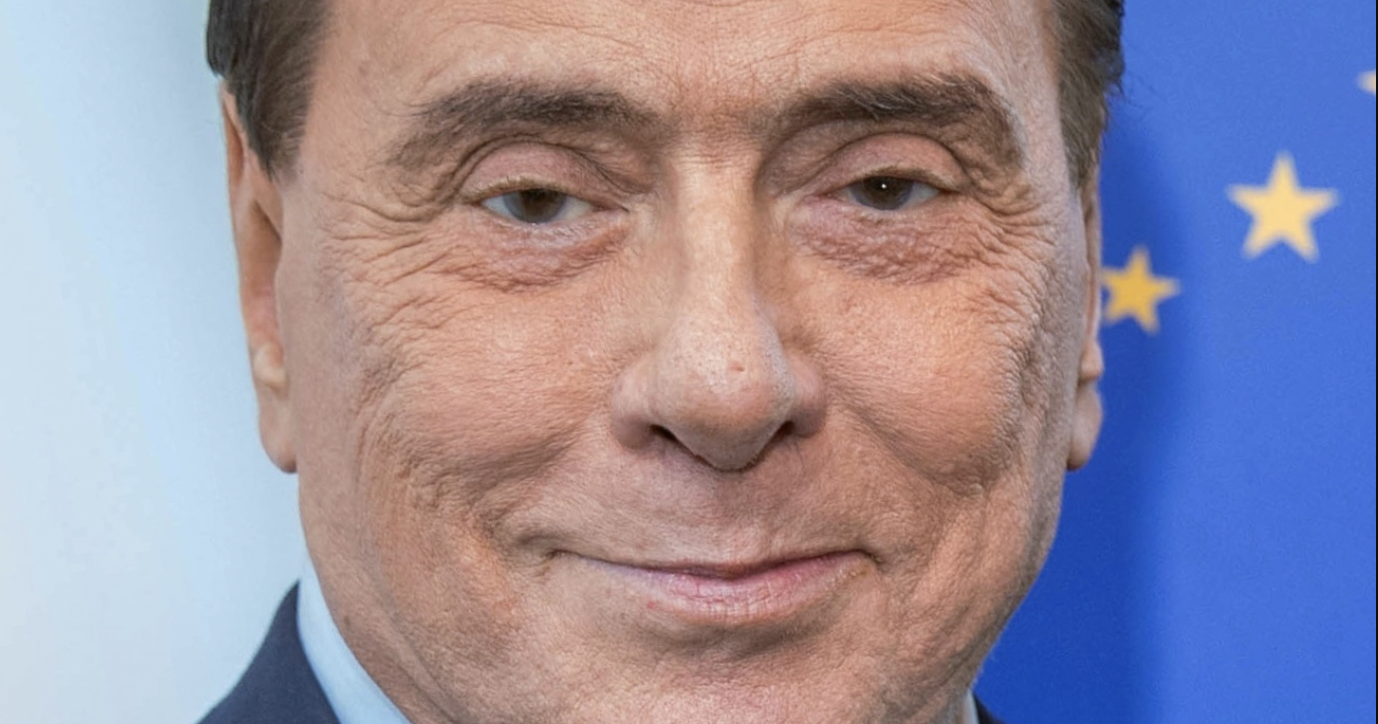
Former Italian prime minister Silvio Berlusconi used his position of power to build a telecoms monopoly that has made him a billionaire six times over. Considering anti-trust laws a minor inconvenience, Berlusconi rewrote legislation whenever it suited his business interests – or whenever he needed to escape legal peril. In addition to his extremely corrupt business and political practices, Berlusconi is also just an all-round repellant human being. When confronted with evidence that he had hired an underage Moroccan prostitute, the then-prime minister replied “at least I’m not gay.”
David W. MacLennan
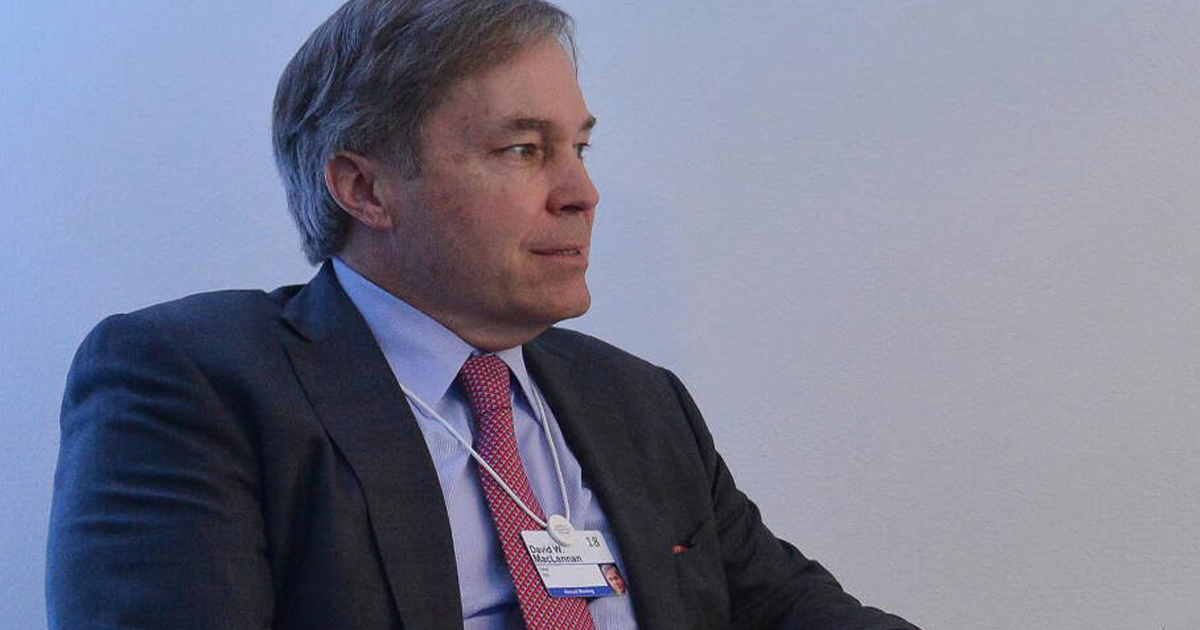
Established by William Wallace Cargill as a small grain-selling business in 1865, Cargill has swelled to become the largest privately owned company in the United States. A juggernaut of food, finance and agriculture, Cargill’s supply chains snake across the entire globe, leaving suffering and destruction in their wake. Investigations have discovered that the company makes liberal use of child labor, prioritises profit over safety as a matter of policy, and is responsible for catastrophic deforestation. The company’s outgoing CEO, David W. MacLennan, spent his entire career fiercely resisting any attempts to reduce the company’s environmental or humanitarian impact.
John D. Rockefeller
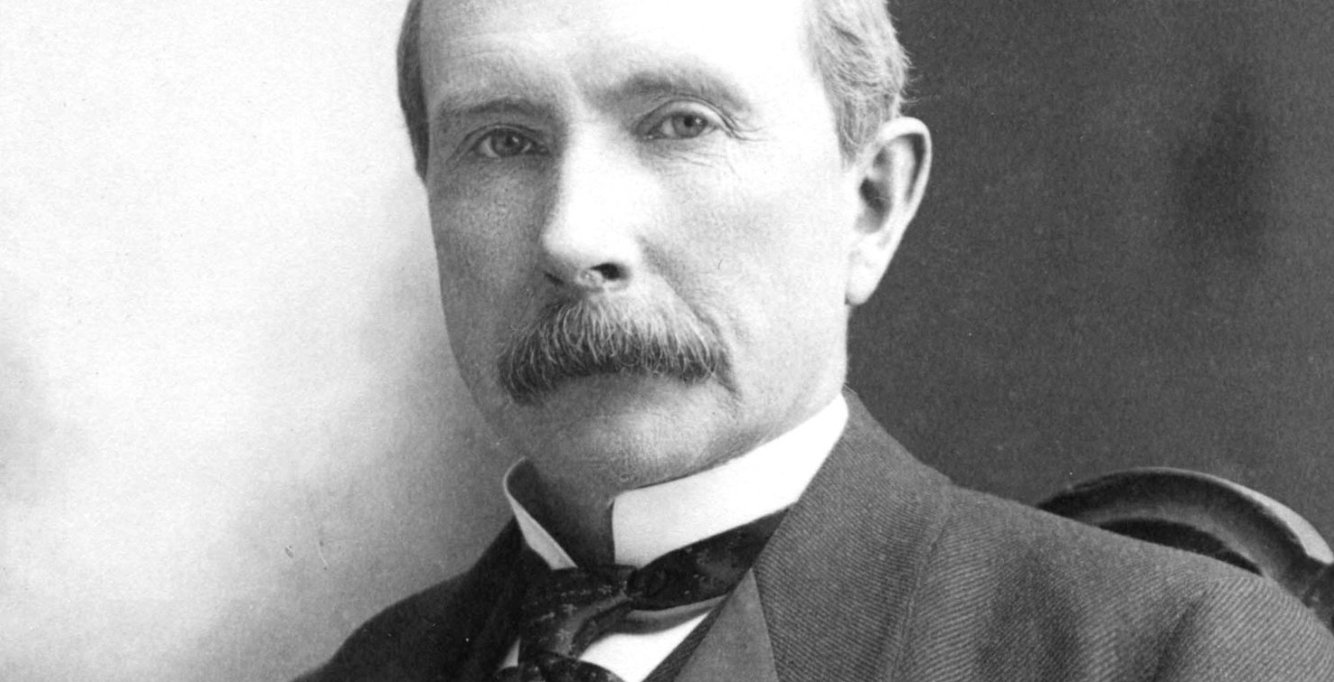
The most infamous ‘robber baron’ of America’s gilded age, John D. Rockefeller capitalised on his lack of conscience to become one of the wealthiest industrialists in history. Rockefeller’s approach to business was succinctly summed by his motto: “competition is sin.” The businessman did everything in his power to crush his opponents, including buying up spare oil that he didn’t need solely to deprive his rivals and leave them unable to operate. Eventually dubbed “the most hated man in America,” Rockefeller almost singlehandedly invented the concept of a business monopoly.
Mark Zuckerberg
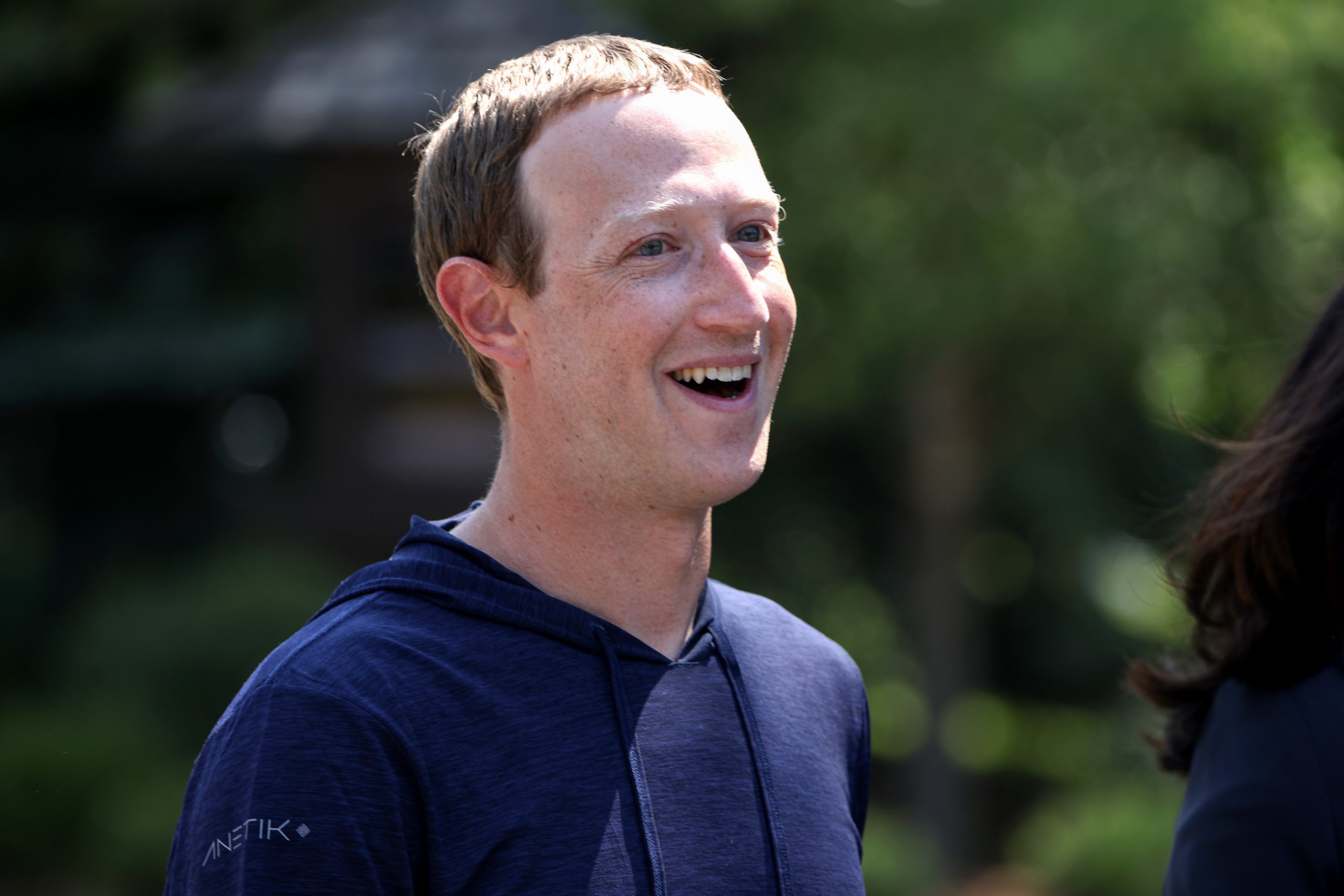
Social media platform Facebook is promoted as means for people to connect, but in reality, it achieves the exact opposite. Whistleblowers have revealed that Facebook routinely sells its users’ data to the highest bidder, allowing them to be targeted by companies and political organisations. The platform’s algorithm is also designed to drive engagement at any cost, pushing people into echo chambers and contributing to the intolerance and partisanship that has come to define our societies and politics. The site’s founder and CEO Mark Zuckerberg has built his personal $55.2 billion fortune off the back of this.
Robert Rubin
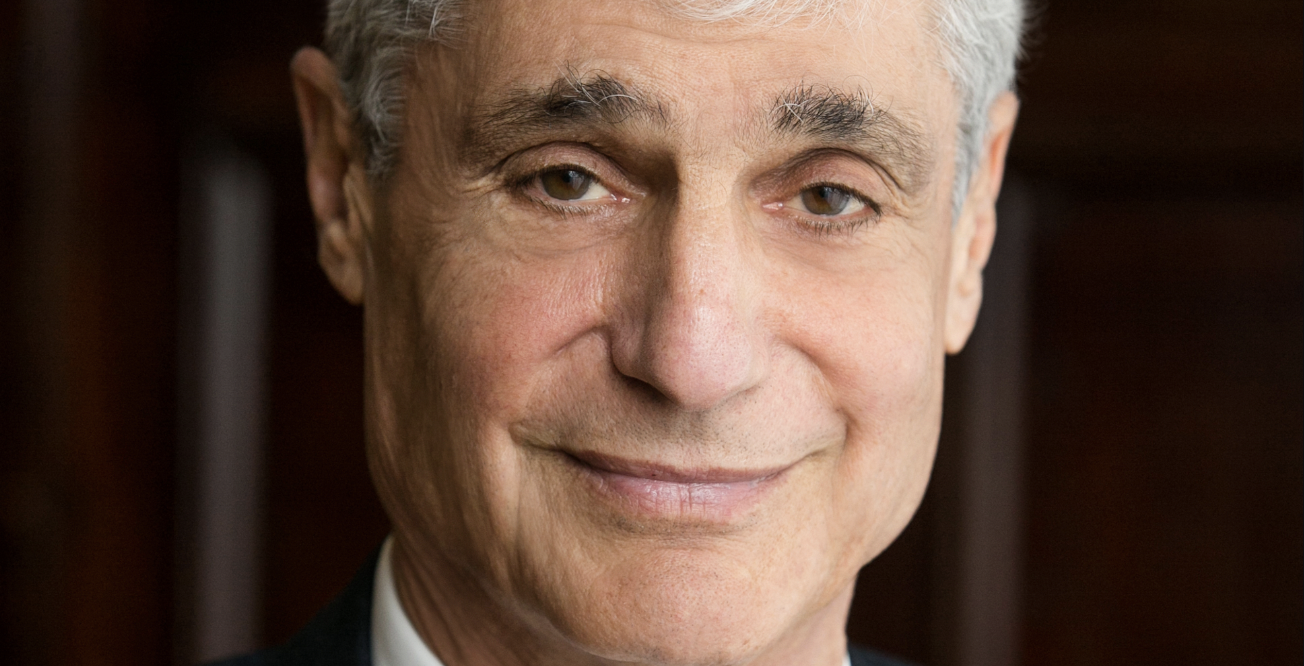
As Bill Clinton’s Treasury Secretary, Robert Rubin presided over the dramatic deregulation of the finance sector. Once he was done butchering every regulation he could get his hands on, Rubin jumped ship and started working for CitiGroup, taking advantage of the very loopholes he had created to engage in highly risky financial practices and making himself fabulously wealthy in the process. The eventual 2008 financial crash was a direct result of Rubin’s deregulations, igniting a global recession and seeing millions lose their jobs, homes and life savings.
Hermann von Siemens
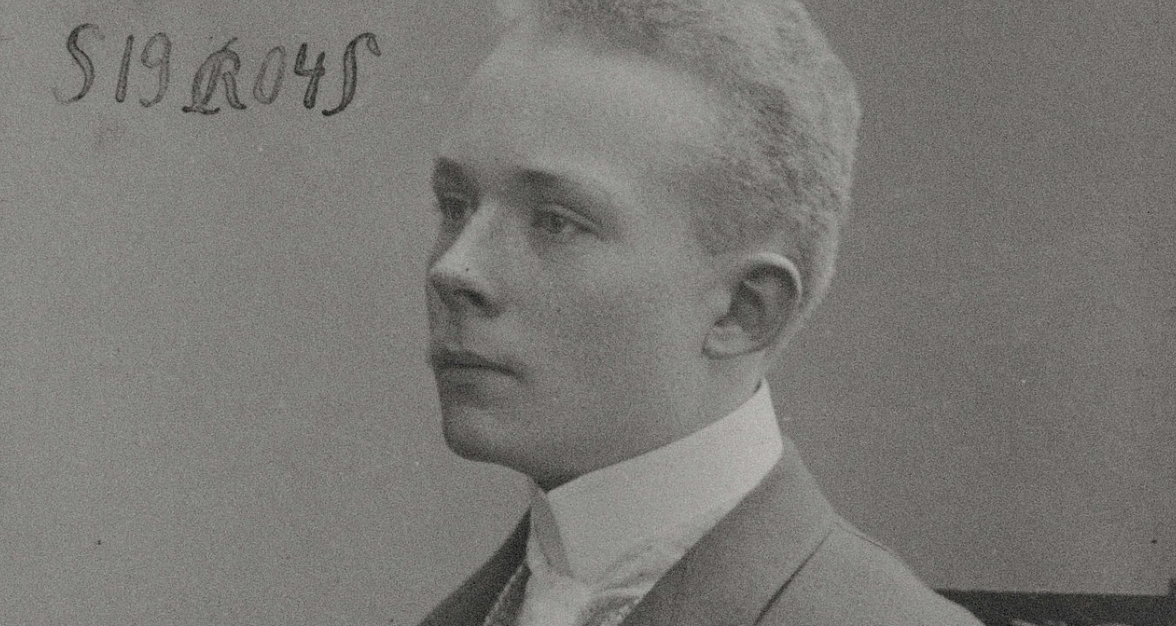
Of all the German companies marred by their association to the Nazi party, Siemens’ legacy is by far the most horrific. The multinational manufacturing conglomerate’s proprietor, Hermann von Siemens, was an ardent supporter of Nazism and used his factories to build the instruments of the Holocaust. He also staffed his industrial operations with Jewish slaves, many of whom eventually perished in the gas chambers they themselves had been forced to build.
Ivan Glasenberg
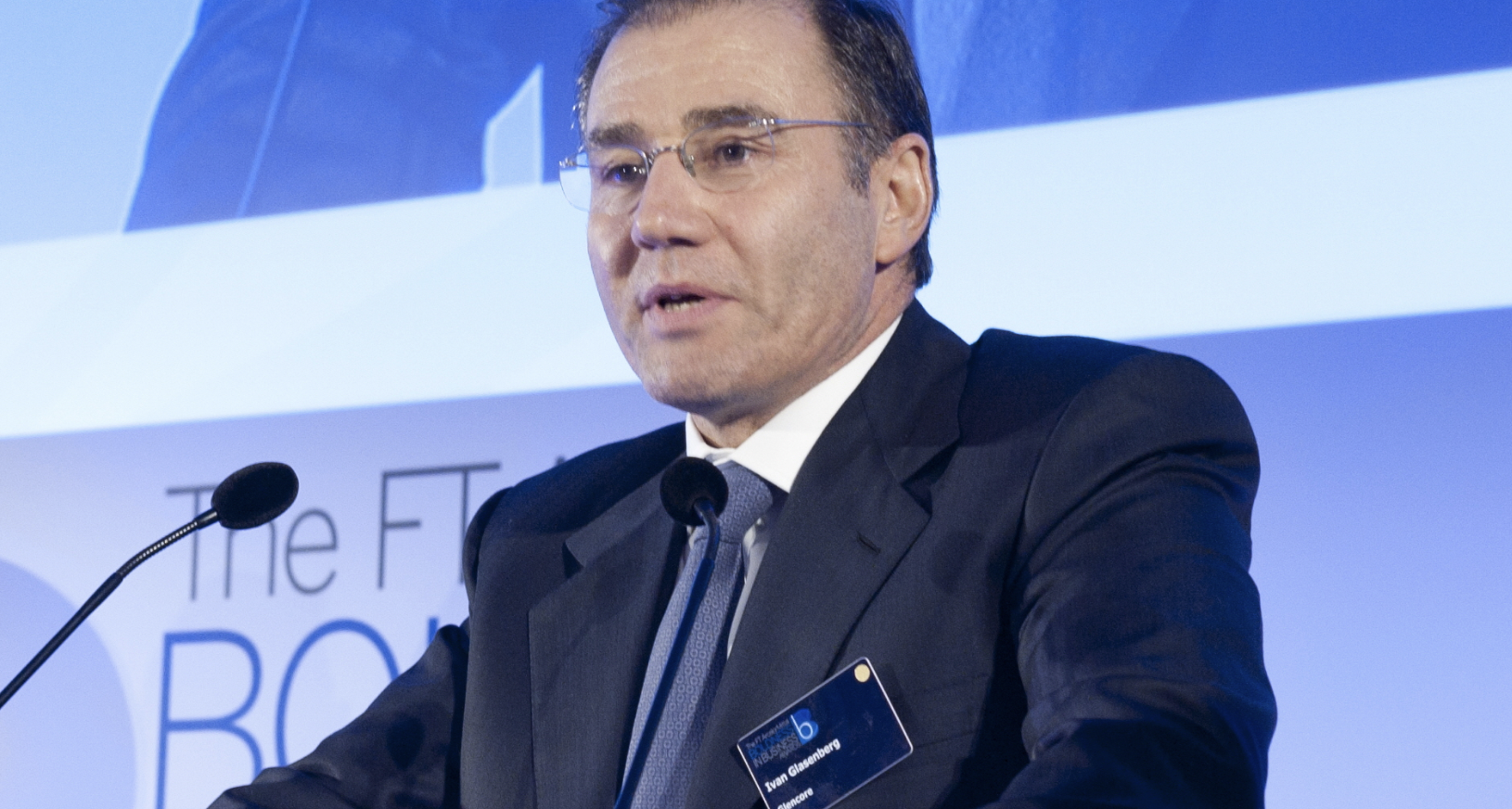
Something about mining seems to attract the morally derelict. South African business executive Ivan Glasenberg has made a not-so-small fortune with his mineral mining businesses, operating mines in a number of poverty-stricken countries. The ethical concerns plaguing the mining industry aren’t exactly a secret, but what separates Glasenberg from other tycoons is his extensive use of extremely complex accounting practices to avoid paying taxes to the countries he exploits.
Leopold II
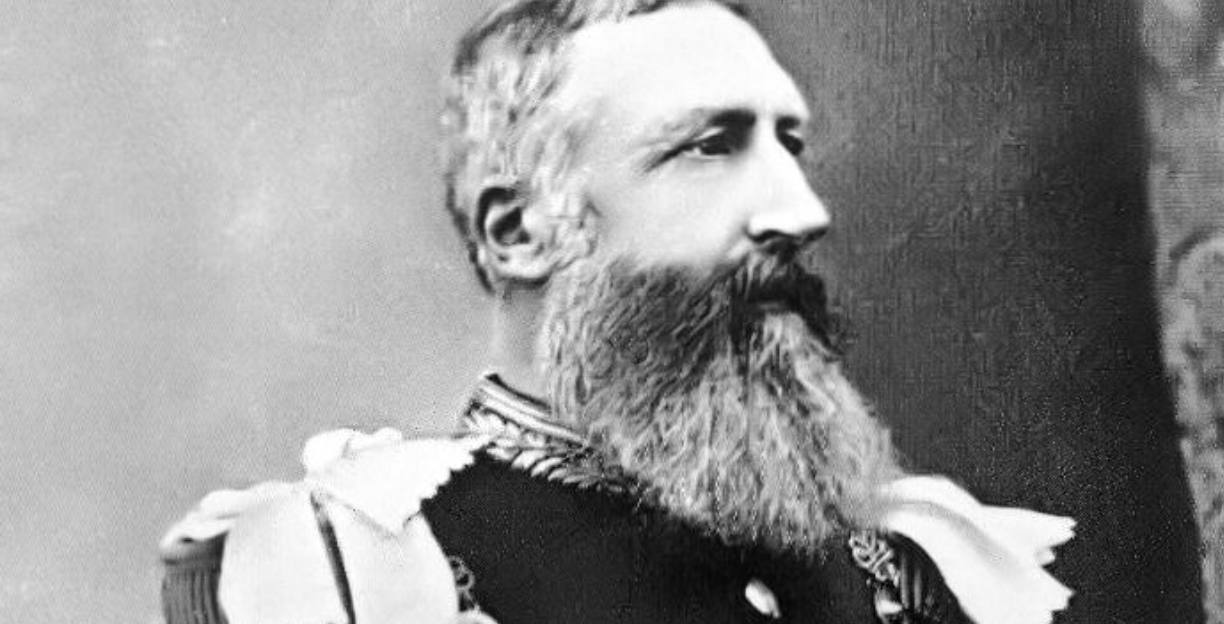
During the Berlin Conference – which saw European empires partitioning Africa – King Leopold II of Belgium purchased much of Congo, turning it into a new nation called the Congo Free State. Leopold promptly enslaved the Congo’s natives, stole the country’s rubber and ivory, and presided over some of the worst atrocities ever committed in the name of profit. Natives who didn’t meet their work quotas were summarily executed or tortured, and workers’ families were routinely held hostage. It is estimated that between 10-20 million Africans perished under Leopold’s control, whilst he became the richest man in Europe.
Tony Blair
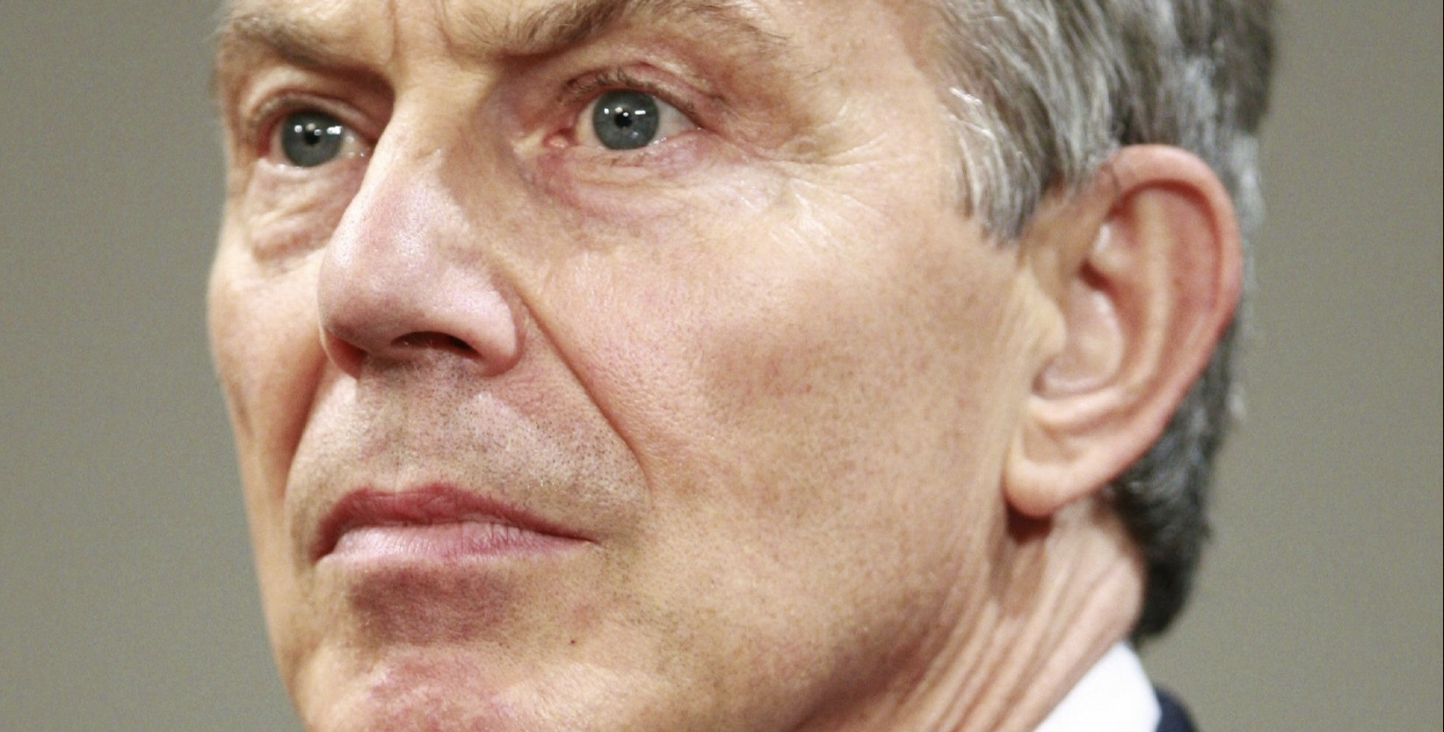
Tony Blair’s finances are, in a word, mystifying. Since leaving office in 2007, the former British Prime Minister has amassed a net worth of almost $50 million, much of which is wrapped up in a series of shady financial structures. Although Blair is known to make millions from his book deals, speaking engagements and consultation services, the ex-Labour Party leader has consistently refused to explain the level of obfuscation that surrounds his coffers.